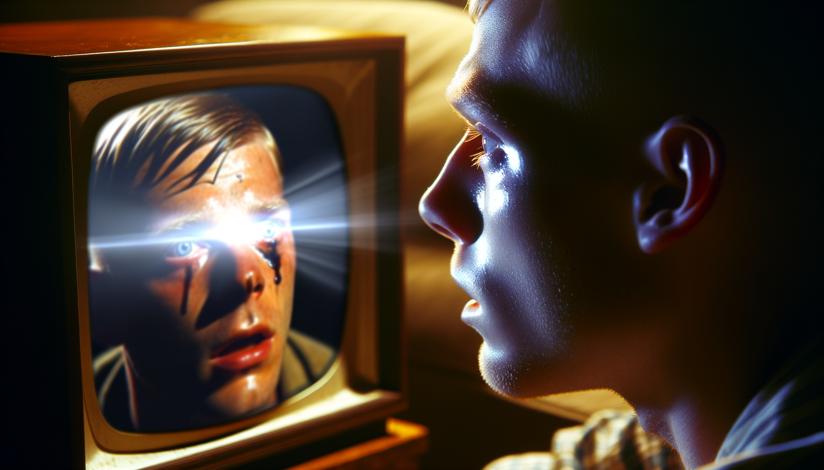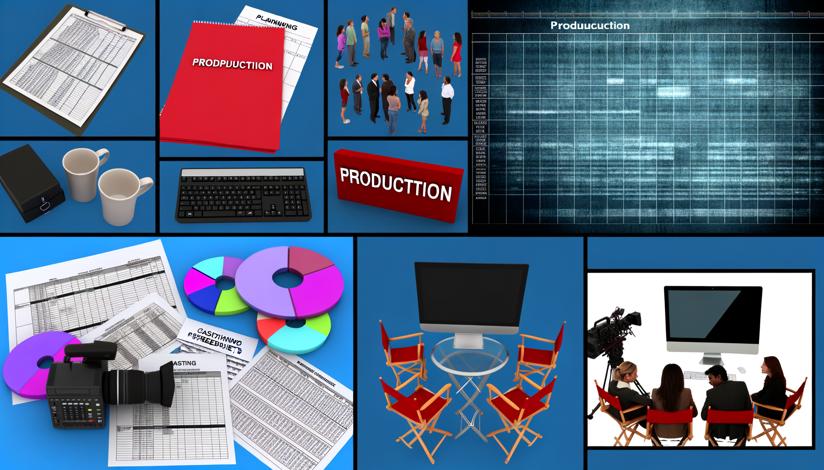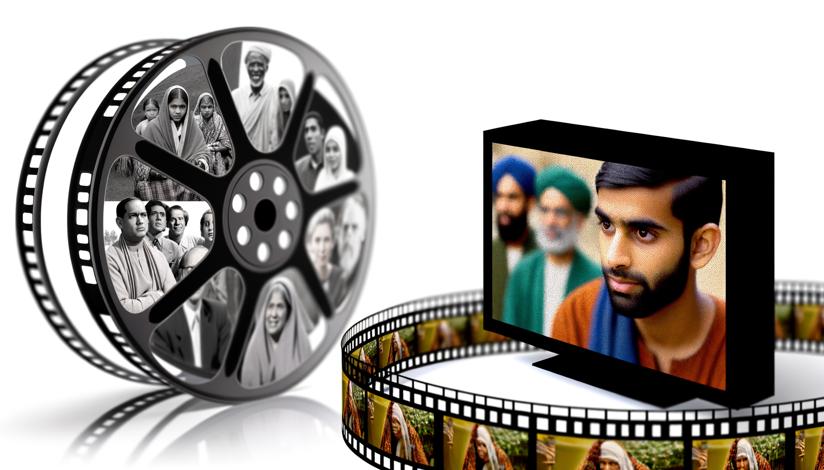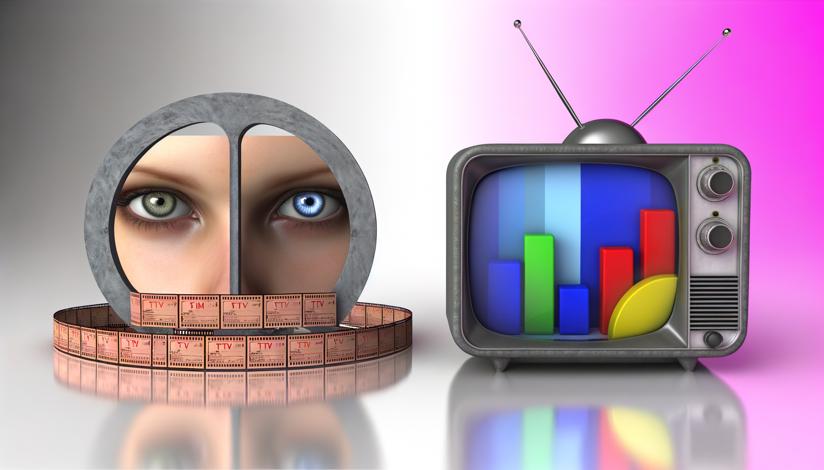

Film and TV storytelling is more than just presenting a series of events. It involves crafting a narrative that resonates with viewers on an emotional level. Whether it's a gripping thriller or a heartfelt drama, effective storytelling can leave a lasting impression.
One of the core functions of storytelling in film and TV is to create relatable and compelling characters. By developing well-rounded and relatable characters, storytellers can connect with audiences on a deeper level. When viewers can empathize or identify with a character, they become more invested in the story and its outcome.
Additionally, storytelling helps to drive the plot forward and maintain audience engagement. A well-structured story keeps viewers hooked by creating suspense, tension, and anticipation. Through effective pacing and plot development, storytellers can keep audiences on the edge of their seats, eager to see what happens next.
Moreover, storytelling in film and TV has the power to convey important messages and explore complex themes. By weaving these themes into the narrative, storytellers can spark conversations and provoke thought among viewers. Whether it's addressing social issues or highlighting personal struggles, storytelling allows for meaningful and impactful storytelling that goes beyond mere entertainment.
In evaluating the power of storytelling in film and TV, several factors can be considered. The first is the overall narrative structure and coherence. A well-crafted story should have a clear beginning, middle, and end, with a logical progression of events. It should engage the audience from the outset and maintain their interest throughout.
Another factor to evaluate is the character development and depth. Strong and relatable characters can enhance the storytelling experience and make the audience emotionally invested in their journey. The audience should be able to understand their motivations, conflicts, and growth over the course of the story.
Furthermore, the visual and technical aspects of storytelling play a crucial role in its evaluation. From cinematography to sound design, these elements can enhance the storytelling experience and create a more immersive world for the audience. Attention to detail, creative camerawork, and effective use of music can elevate the story and evoke specific emotions.
Lastly, the impact and resonance of the story with the audience is a vital aspect of its evaluation. A successful story should leave a lasting impression and resonate with viewers even after the credits roll. Whether it's through its messages, characters, or overall themes, a powerful story can evoke emotions, spark discussions, and leave a lasting impact.
In conclusion, the power of storytelling in film and TV cannot be overstated. It has the ability to captivate, engage, and inspire audiences. From relatable characters to thought-provoking narratives, storytelling is at the core of creating memorable and impactful experiences. Through evaluating aspects such as narrative structure, character development, technical execution, and audience impact, we can better understand and appreciate the power of storytelling in film and TV.

Emotional connection with characters
Engaging plot development

Lack of originality in some stories














-
https://www.example.com/article1
-
https://www.example.com/article2




























